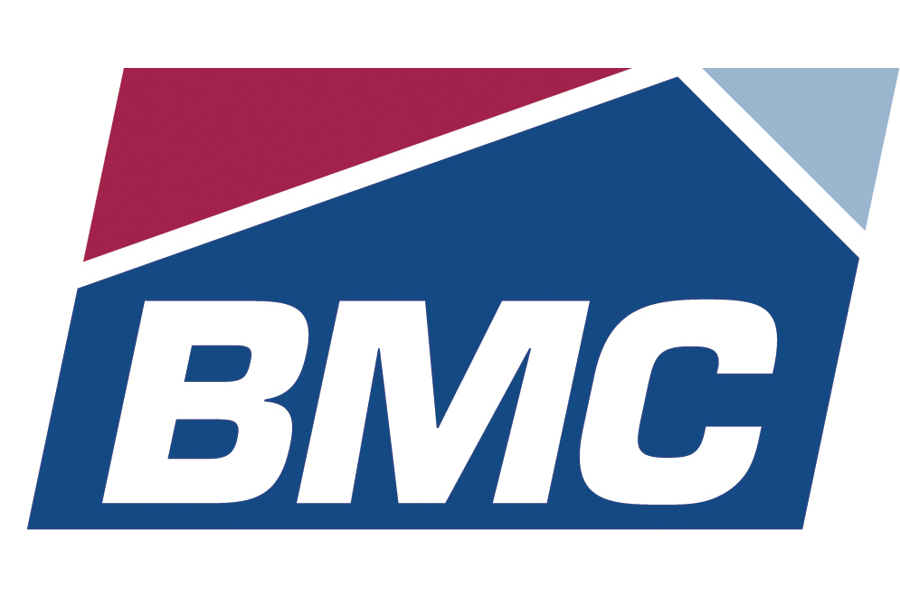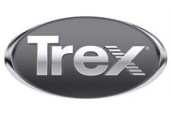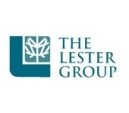BMC Stock Holdings suffered a similar fate. The company—which ranked No. 5 on the 2019 ProSales 100 list with overall 2018 revenue of $3.68 billion—saw net sales decrease in Q2 2019 compared to the same period last year, largely due to lower commodity prices, according to the dealer. Second quarter sales were $946.4 million, a 5.2% decrease from its sales in the same period in 2018.
BMC estimates that its net sales decreased 8.9% due to lower commodity prices in the lumber and lumber sheet goods and structural components products categories and fell 1.1% from the sale of its Coleman Floor business in November 2018. The decreases were partially offset by a 2.8% increase in sales from the acquisitions of Barefoot and Co. and Locust Lumber and a 2.0% boost from organic growth. Net sales to single-family homebuilders declined 6.3% YOY and net sales to remodelers fell 6.6% YOY, while net sales to multifamily and commercial contractors rose 3.1% YOY.
The Raleigh, N.C.–based dealer saw net income decline $4.7 million YOY to $35.7 million in the second quarter.
“Our investments in innovation, productivity, talent development, and tuck-in acquisitions are helping us gain share in our value-added categories, enhance our footprint and customer mix in our local markets, and drive a culture of continuous improvement,” said BMC CEO and president Dave Flitman in a public statement. “Importantly, during the quarter, these efforts enabled us to deliver organic growth in our value-added product categories, including 4.5% organic net sales growth in structural components before deflation and 5.3% organic net sales growth in millwork, doors, and windows, both of which solidly outpaced the underlying trends in single-family starts.”
BMC’s gross profit in the second quarter increased 2.6% YOY to $245.8 million and gross profits as a percentage of sales rose 2.0% YOY to 26.0%. BMC said the overall gross margin represents a 3.2% YOY improvement in gross margin in the lumber and lumber sheet goods category and a 3.0% improvement within structural components.
Adjusted EBITDA for BMC decreased 7.0% to $73.3 million, compared to $78.8 million in the second quarter of 2018. Adjusted EBITDA as a percentage of net sales decreased 20 basis points YOY to 7.7%.
The dealer, ranked 5th on the 2019 ProSales 100, has a footprint that serves 45 metro markets in 19 states. Earlier this week, BMC acquired Kingston Lumber, enhancing its value-added offerings and footprint in the Seattle, Wash., market. Kingston Lumber generated net sales of $24 million for the 2018 calendar year.
BMC’s Q2 Sales Drop 5.2% Year Over Year
Sales decreased 5.2% in the second quarter, while net income fell nearly $5 million for the dealer.
2 MIN READ



